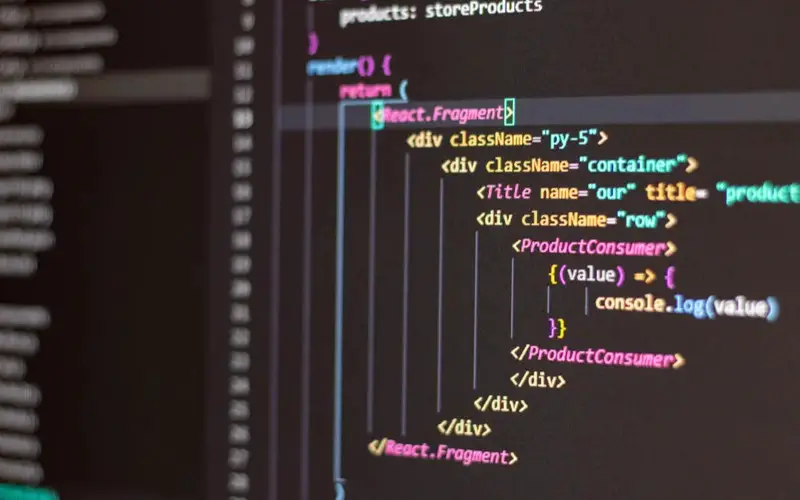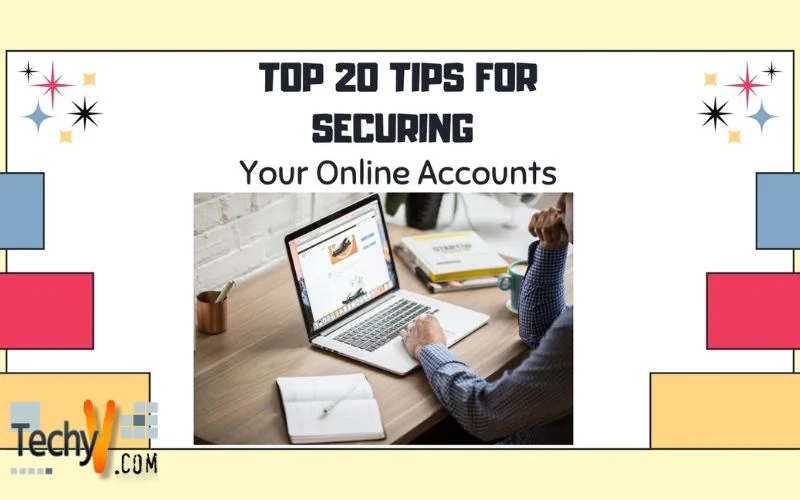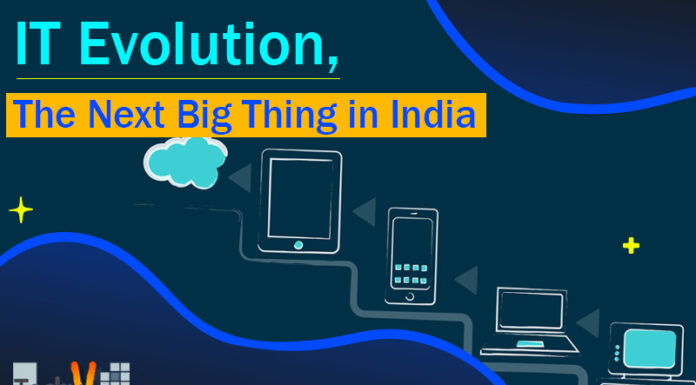As the prevalence of technology continues to skyrocket and the reliance on digital infrastructure grows more substantial, the issue of cyber security has ascended to a prominent position of concern for individuals, commercial enterprises, and governmental bodies alike. Here are some ways you can ensure your security online:
1. Antivirus
Antivirus software constitutes a crucial constituent of cyber security, given that it shields against malware, viruses, and other forms of cyber attacks. It is indispensable to possess contemporary antivirus software installed on all gadgets to counteract cyber attacks.
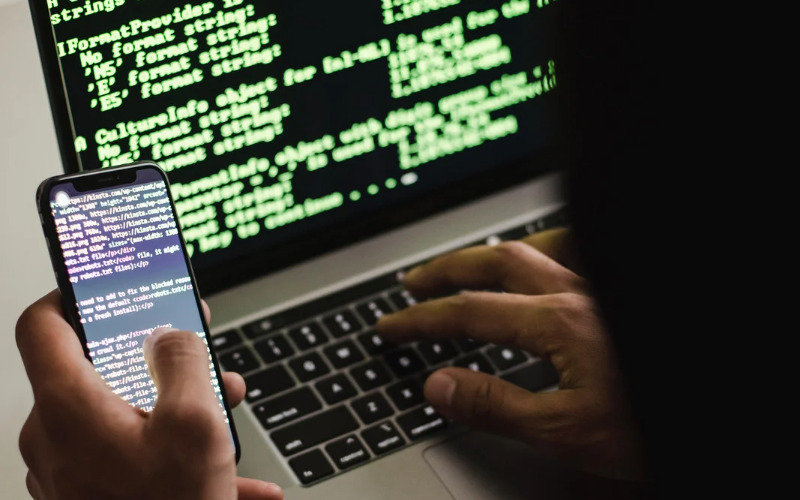
2. Pre-installed Security Tool
Numerous gadgets come with pre-installed security tools, such as firewalls and anti-malware software, that defend your device from cyber threats and impede illicit access to your system. Although these tools can offer some protection, they may not be as productive as specialized security software.
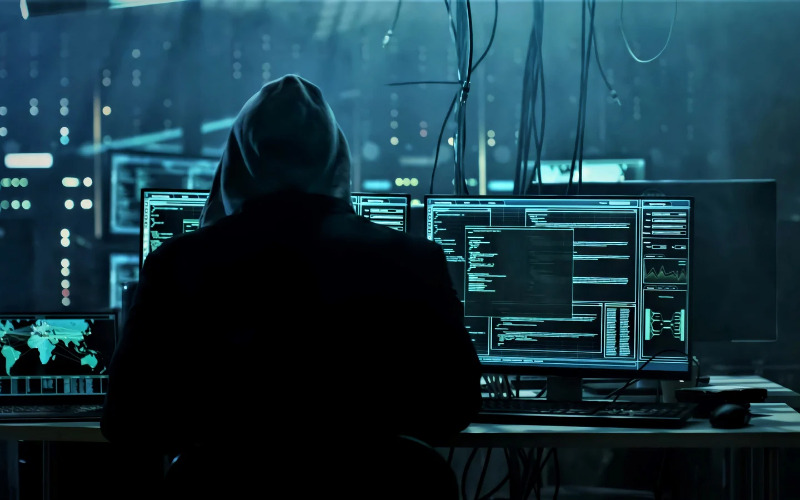
3. Unique Passwords For Each Log In
This approach guarantees that if one password is breached, it will not authorize access to all your accounts. It is crucial to employ strong and intricate passwords that are not effortlessly predictable to deter unauthorized access to your funds.
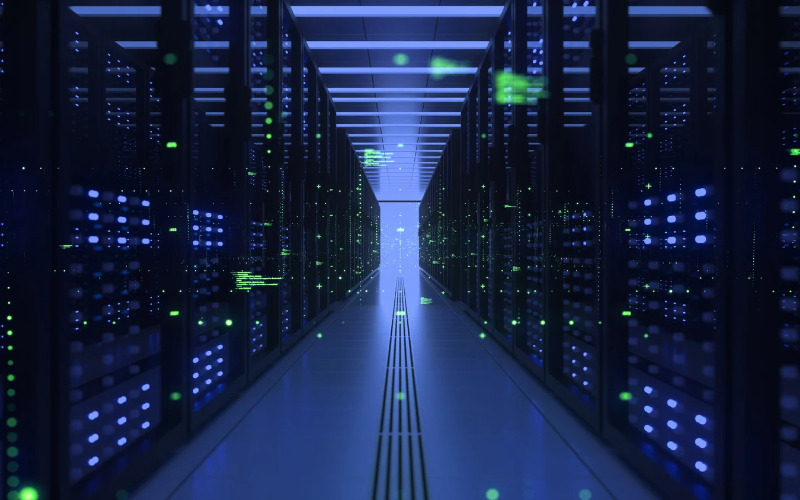
4. Vpn
A Virtual Private Network (Vpn) represents a tool that empowers you to securely and anonymously connect to the internet. A Vpn encrypts your internet traffic and conceals your IP address, thus rendering it arduous for cybercriminals to monitor your online activity or purloin your personal information.

5. Multi-factor Log In
Multi-factor authentication (MFA) is an advanced security protocol that provides an additional layer of protection by requiring users to provide multiple forms of identification before accessing their accounts. MFA can include a combination of something you know (like a password or PIN), something you have (such as a security token, smart card, or mobile device), or even something you are (such as biometric data like fingerprints or facial recognition).
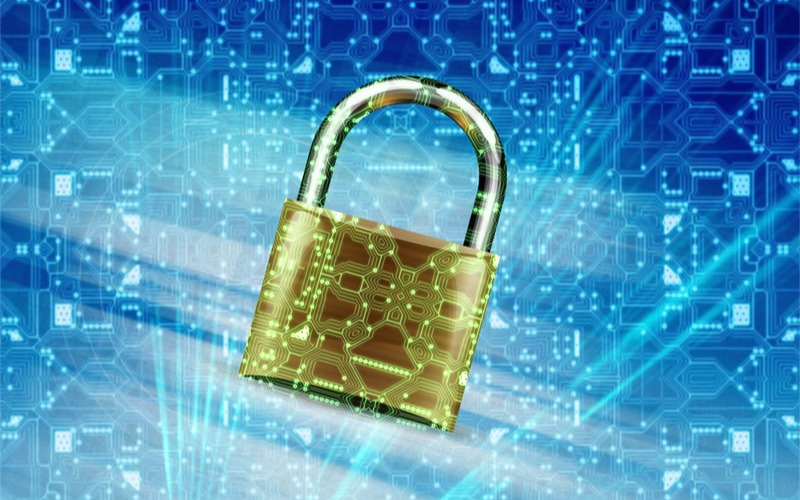
6. Passcode Protection
Passcode protection is an essential security measure that can help prevent unauthorized access to your devices. Setting a strong and unique passcode for each device can prevent others from accessing your personal information in the event of theft or loss.
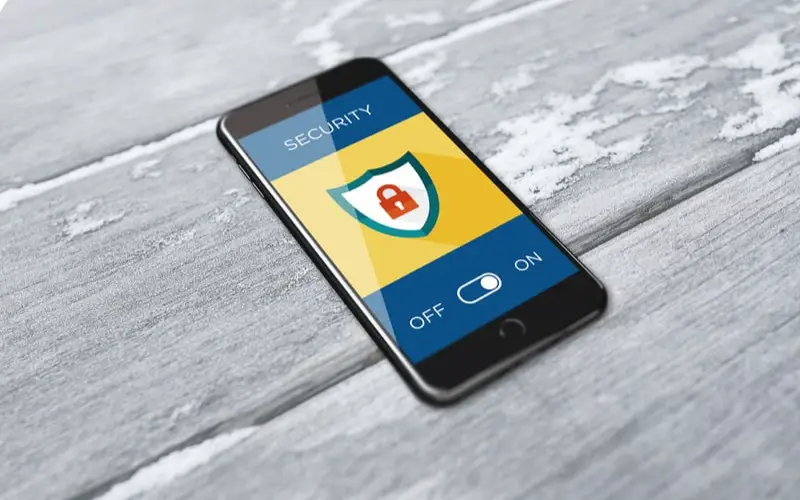
7. Mobile Payment Apps
It is essential only to use reputable payment apps and to enable additional security measures such as passcode protection and two-factor authentication to prevent unauthorized access to your financial information.
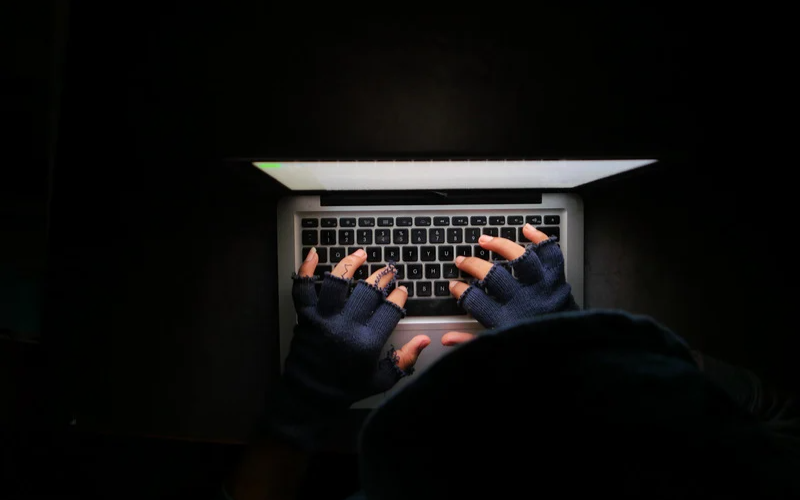
8. Multiple Emails For Multiple Accounts
Using multiple email accounts for different accounts can help prevent cybercriminals from gaining access to your funds in the event of a data breach. This practice can also help avoid phishing attacks, as cybercriminals may use your email address to target you with malicious emails.
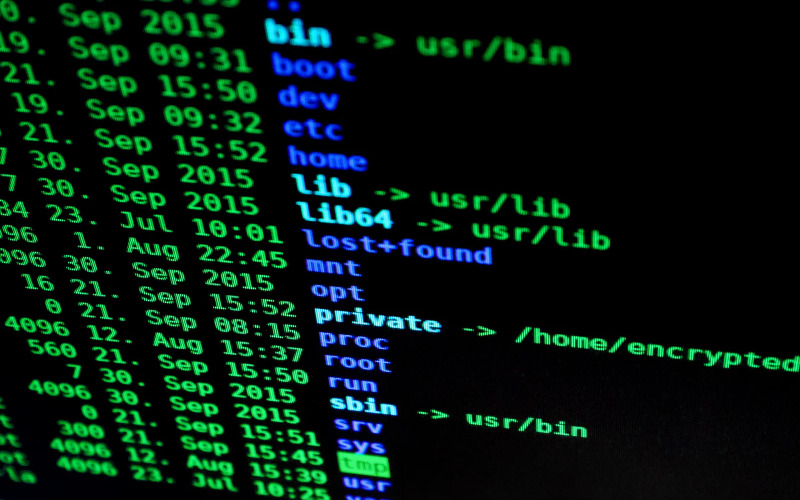
9. Clear Your Cache
Clearing your cache can help protect against cyber attacks, as it removes temporary files that may contain sensitive information. You clear your cache regularly to reduce the risk of unauthorized access to your personal information.
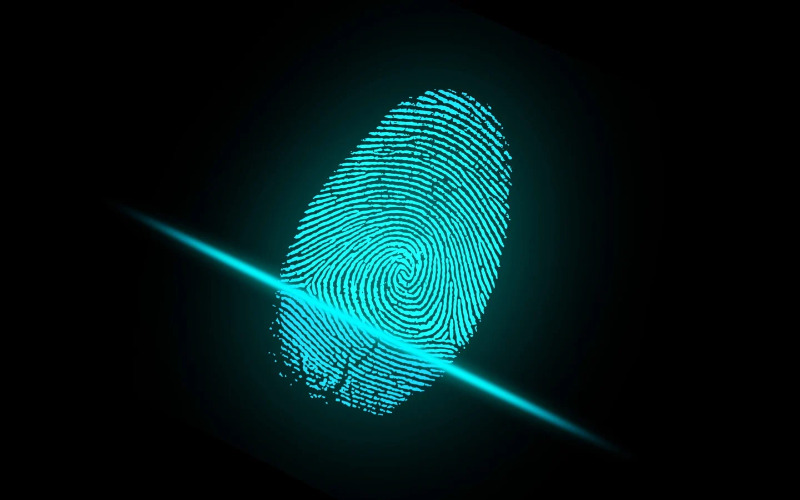
10. Turn Off ‘save Passwords’ In Your Browser
Although it may be convenient to have your passwords saved, it can also make it easier for cybercriminals to access your accounts if they gain access to your device. Using a password manager is a more secure option, as it encrypts your passwords and requires a master password to access them.
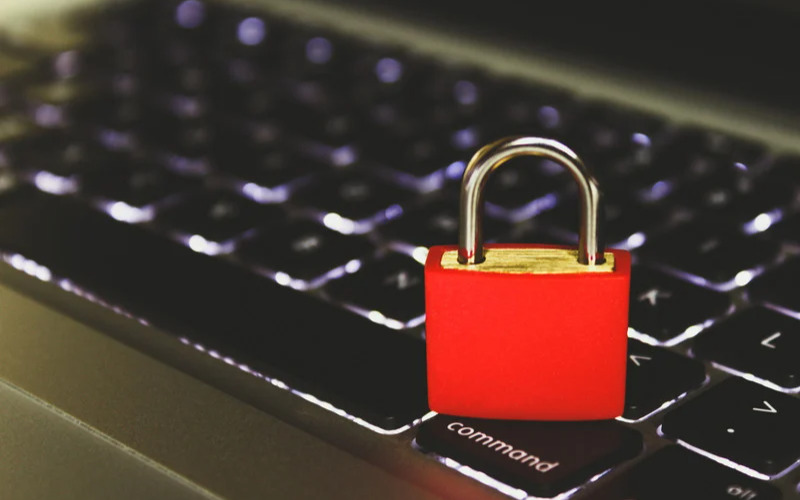
11. Avoid Clickbait
Clickbait refers to headlines or advertisements designed to lure users into clicking on them. These can be a potential source of malware and other cyber threats. It is essential to be cautious and only click on links from trusted sources.
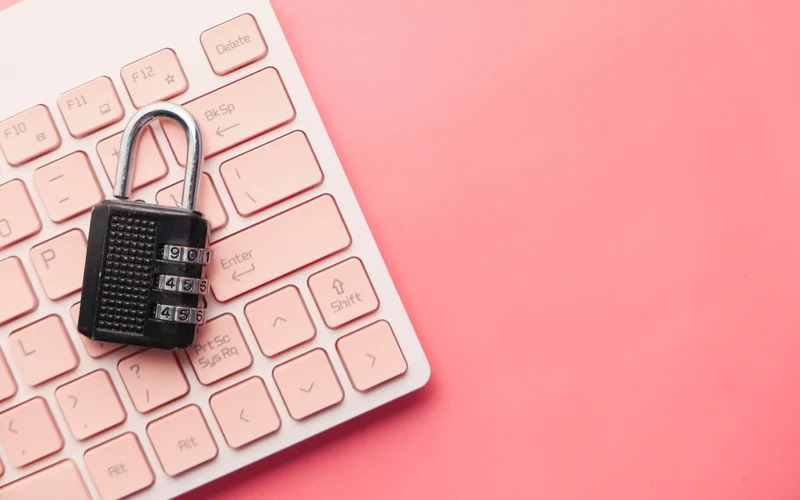
12. Dangers Of Public Wifi
Public WiFi networks are often unsecured and pose a significant risk to cyber security. It is essential to be cautious when connecting to public WiFi and to avoid accessing sensitive information or making financial transactions on these networks.
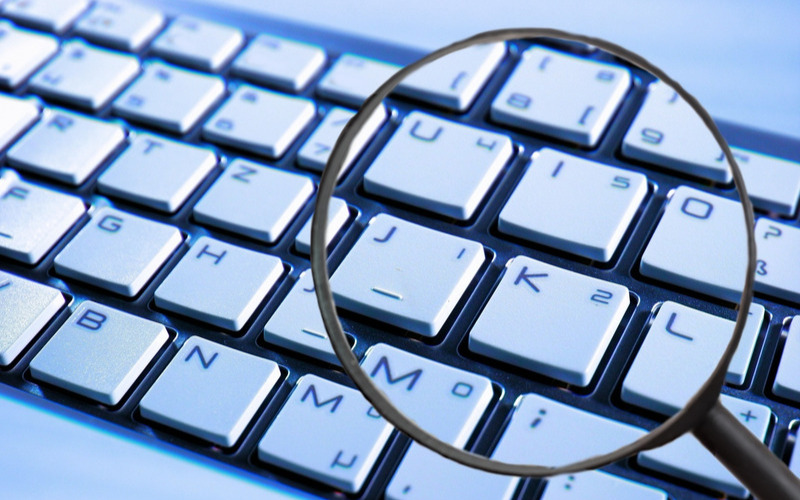
13. Take The Security Check-up
Many online services provide security check-ups to help users identify possible security risks and vulnerabilities in their accounts. It is advisable to take advantage of these check-ups frequently to ensure your accounts remain as secure as possible.
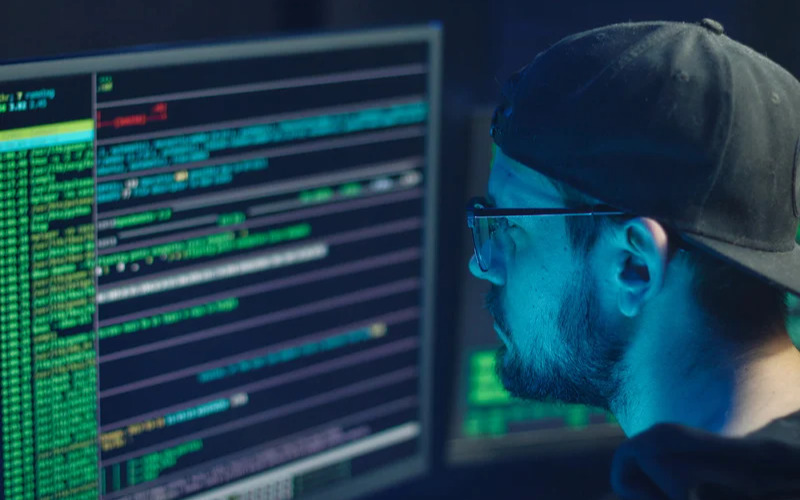
14. Phone Lost? Lock It
Losing a phone can pose a significant security risk, as it may contain sensitive personal information. It is essential to lock your phone with a strong password or PIN to prevent unauthorized access in the event of loss or theft.
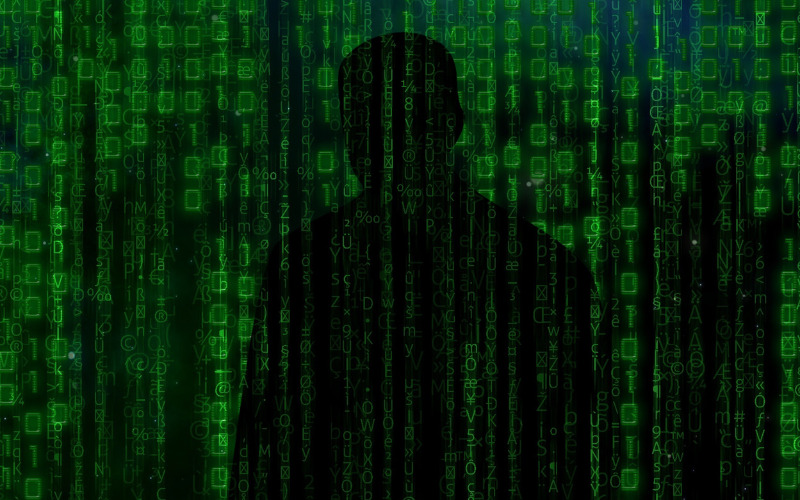
15. Use Only Secured Networks
Using only secure networks can help protect against cyber threats. It’s essential to confirm that the network you’re using is secure and to avoid connecting to unknown or unsecured networks.
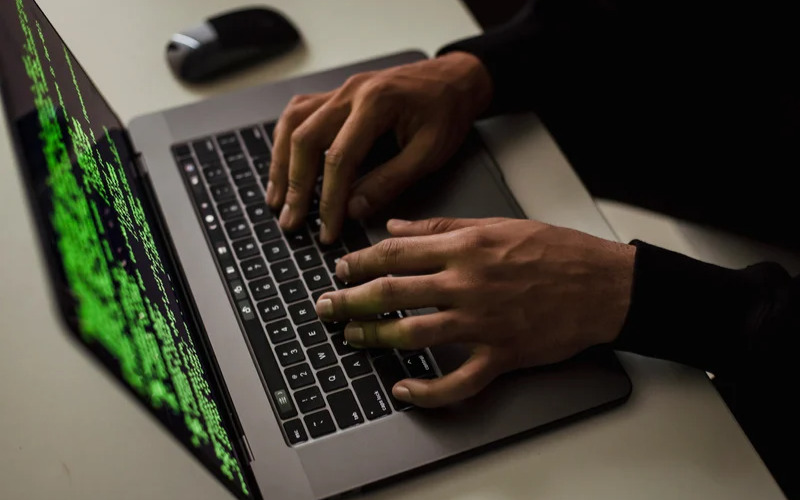
16. Use A Firewall
Firewalls can be instituted at either the device or network echelon, and are instrumental in thwarting malware and diverse varieties of cyber attacks from infiltrating your systems. It is important to verify that firewalls and periodically updated to furnish peak-level safeguarding against cyber menaces.
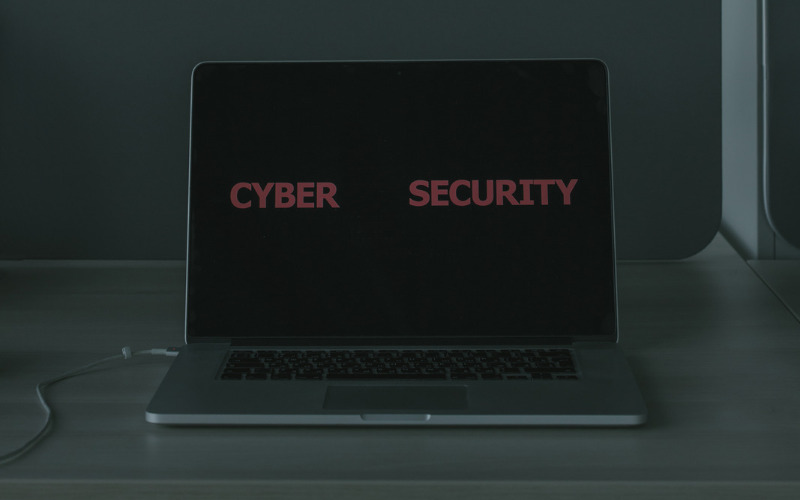
17. Use Anti-spyware Package
Anti-spyware software can protect against malicious software designed to spy on your online activity and collect personal information. To ensure that your computer is protected against the latest threats, it is essential to use a reputable anti-spyware package and keep it updated.

18. Use Complex Passwords
One of the fundamental yet pivotal constituents of cyber security is the utilization of robust passwords. Therefore, it is essential to employ lengthy and intricate passwords that amalgamate an amalgamation of alphabetic characters, numeric digits, and distinctive symbols. Furthermore, utilize disparate passwords, since relying on the same password for multiple accounts can augment the likelihood of a security infringement.
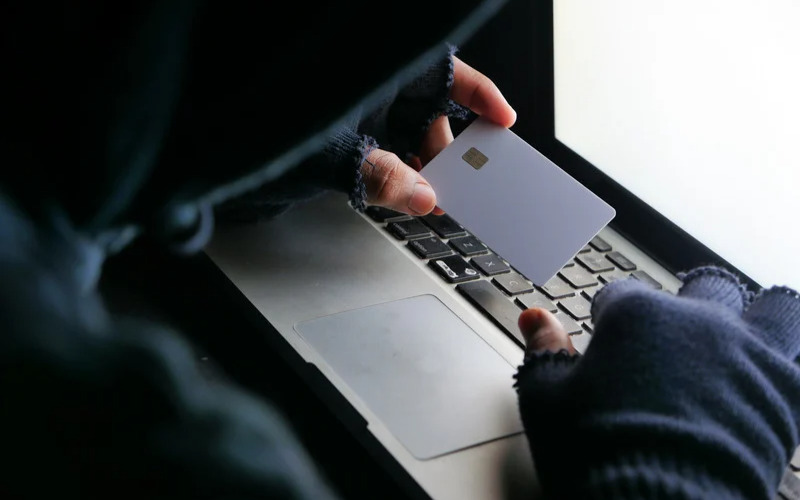
19. Update Your Os
One of the most effective ways to safeguard against malicious cyber attacks is by regularly updating your software. The process of software updates, which involves the implementation of security patches and fixes for known vulnerabilities, is a critical step in ensuring the protection of your digital ecosystem
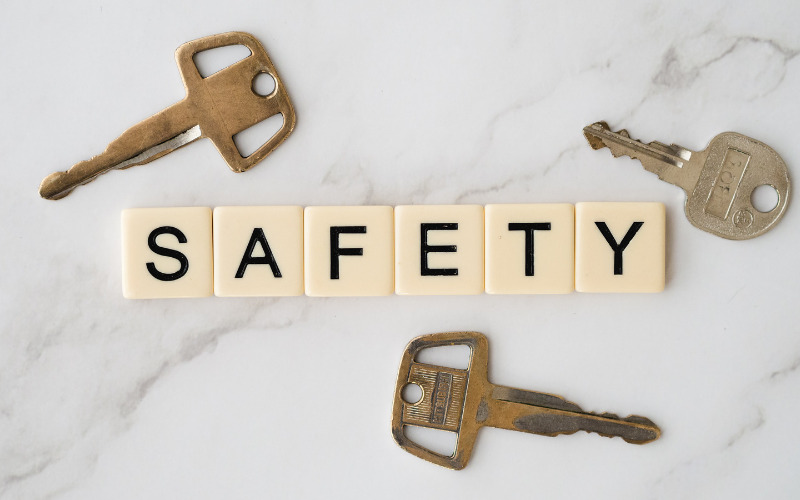
20. Back Up Your Computer
It is recommended to regularly back up your data to an external hard drive or cloud storage so that you can recover your data in case of a cyber-attack or system failure. Cyber security is a perpetually progressing domain that demands ceaseless vigilance and adjustment to stay abreast of the ever-shifting threat horizon. Individuals, commercial enterprises, and governmental bodies must adopt a preemptive approach to safeguard their digital holdings from the plethora of perils that loom in the virtual realm.
